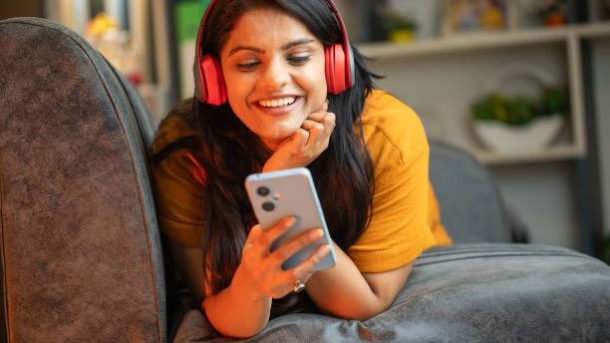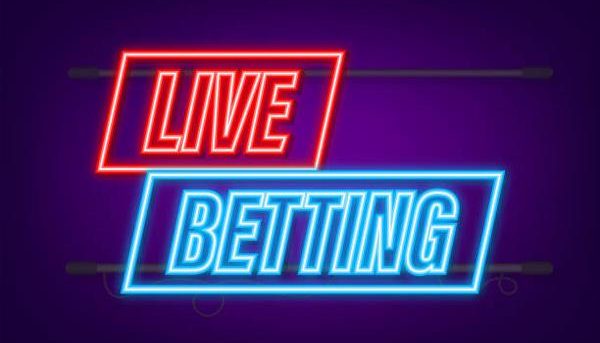In the digital age, where social media platforms dominate our daily interactions, privacy concerns have become increasingly prevalent. Instagram, a popular photo and video-sharing app, is no exception to these concerns. Among the various threats to user privacy on Instagram are fake private viewer apps that claim to offer insights into who has viewed your profile or stories. While these tools might seem enticing for those curious about their online presence, they often serve as a gateway for malicious actors to steal personal data.
These fake Instagram private viewers lure users with promises of revealing hidden information about their profiles. However, in reality, they exploit users’ curiosity and lack of awareness to gain unauthorized access to sensitive information. Once installed or accessed through seemingly legitimate websites, these applications can compromise personal data such as login credentials, email addresses, phone numbers, and even financial details if linked accounts are involved.
The modus operandi of these fraudulent services typically involves phishing tactics. Users are often directed to enter their Instagram credentials on a page that mimics the official login interface but is actually controlled by hackers. This deceptive practice is designed to harvest usernames and passwords without raising suspicion immediately. Once in possession of this information, cybercriminals can hijack accounts and misuse them for various purposes ranging from spreading spam messages to conducting identity theft.
Moreover, some fake viewers require users to download software onto their devices under the guise of enhancing functionality or providing additional features. These downloads frequently contain malware or spyware capable of infiltrating systems unnoticed. Such malicious software can monitor keystrokes—capturing everything typed on the device—or grant remote access capabilities allowing attackers full control over affected systems.
To protect against these threats posed by fake View private Instagram viewers requires vigilance combined with informed decision-making regarding online activities involving third-party applications purporting enhanced functionalities not officially supported by platforms like Instagram itself which does not endorse any service claiming visibility beyond what’s natively provided within its ecosystem (e.g., story views).










